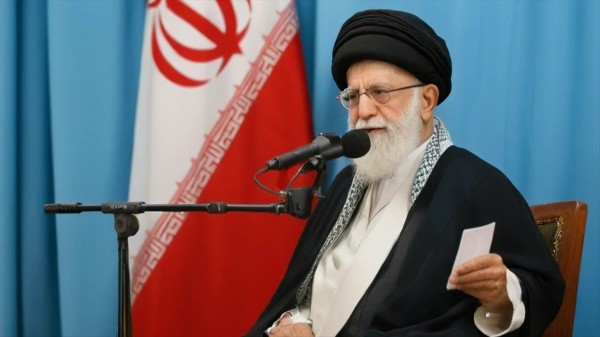Iran’s Plan to Strike Back Against the U.S.
Iran’s Military Preparations Following U.S. Attacks
Loading...

The countries exchanged direct fire earlier this year, sparking fears of an all-out war
Reports from The New York Times (NYT) suggest that Iranian Supreme Leader Ayatollah Ali Khamenei has ordered a direct strike on Israel in retaliation for the killing of Hamas political chief Ismail Haniyeh in Tehran. The development has raised concerns about the potential for further escalation and the risk of a broader regional conflict.
Iranian Response and Alleged Directives
Following the missile strike that resulted in the death of Ismail Haniyeh and one of his bodyguards, Ayatollah Ali Khamenei reportedly convened Iran's Supreme National Security Council for an emergency meeting and ordered a direct strike on Israel. The Iranian supreme leader emphasized the duty to take vengeance for the attack and condemned Israel for targeting Haniyeh while he was a guest in Iran.
Israeli Actions and Tensions
Israel had previously vowed to target Haniyeh and other Hamas leaders following an attack by the militant group, which resulted in significant casualties. The ongoing conflict has led to severe friction between Israel and Iran, with previous incidents involving direct military engagements and retaliatory strikes.
Uncertainty and Potential Scenarios
The reported Iranian directive has raised questions about the potential response and the level of force that Iran may employ. Iranian military commanders are allegedly considering various options, including a combination attack of drones and missiles on military targets in the vicinity of Tel Aviv and Haifa. Additionally, there is speculation about a coordinated attack involving allied forces in Yemen, Syria, and Iraq.
International Concerns and Reactions
The prospect of a direct strike on Israel by Iran has prompted concerns about the potential for wider repercussions and the risk of a broader regional conflict. The situation has drawn attention from international leaders, with discussions about the potential consequences and the need to prevent further escalation.
Conclusion
The reported plan for Iran to strike Israel in retaliation for the killing of Ismail Haniyeh has raised significant concerns about the potential for further escalation and the risk of a broader regional conflict. The situation underscores the delicate balance of power in the Middle East and the need for diplomatic efforts to prevent further escalation and maintain regional stability.
Editor
Iran’s Military Preparations Following U.S. Attacks
Troops remain in five strategic locations, raising fears of renewed tensions and long-term occupation.
Opposition forces have taken control of the capital after a significant offensive. Here is how it unravelled.
